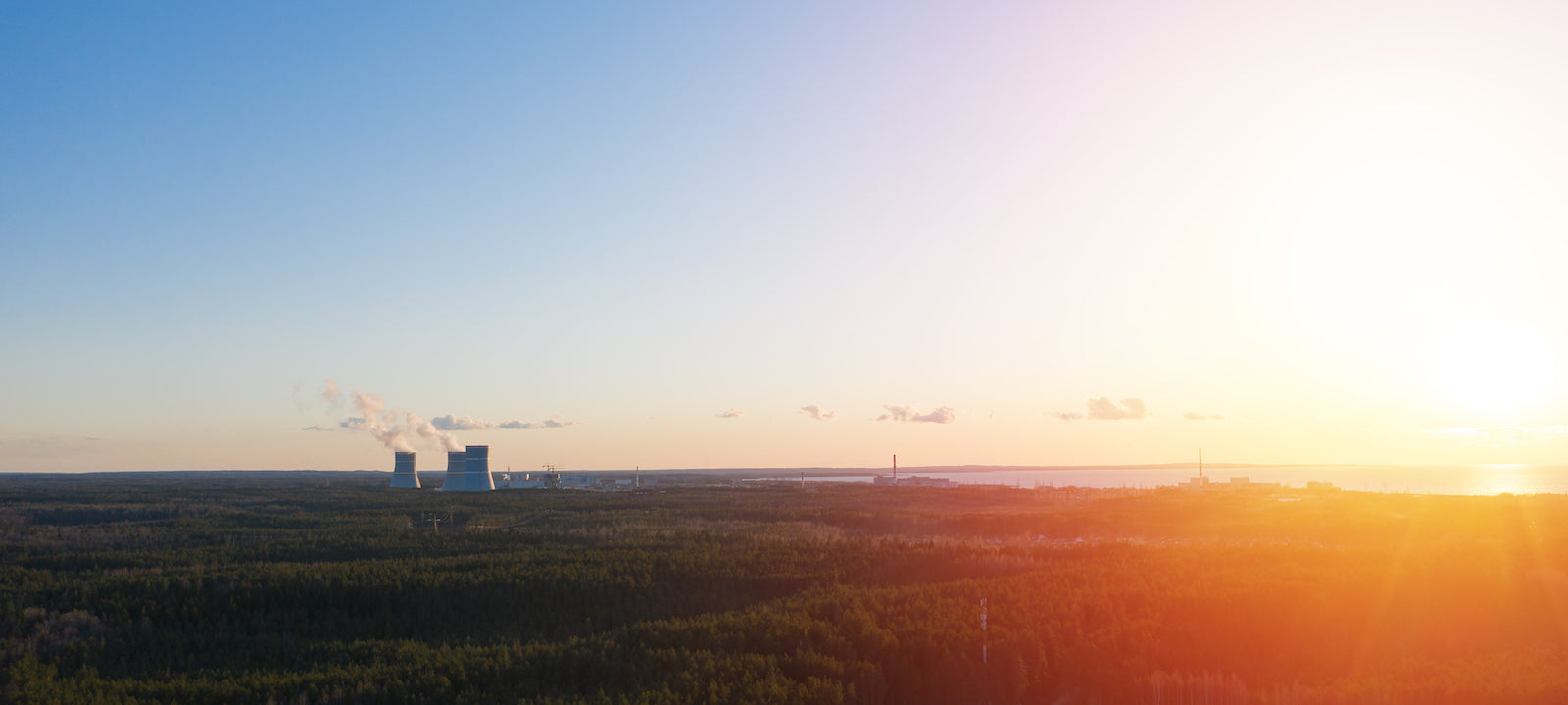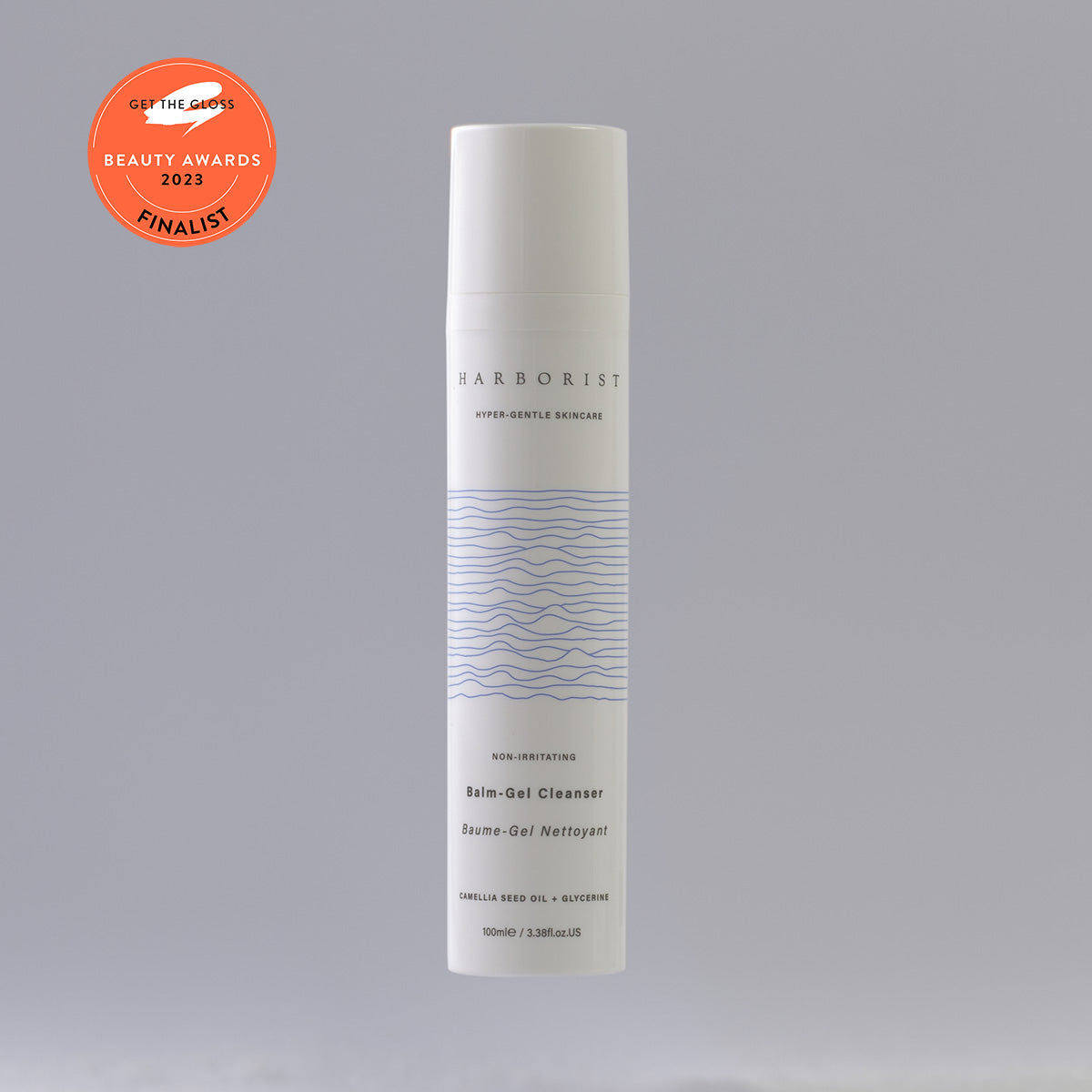Anti-pollution started becoming 'buzzy' in skincare a few years ago leading people (me included!) to question if it's just another marketing claim.
If you've ever moved from a polluted city to the country or vice versa, you may have noticed a shift in the condition of your skin. I definitely did when I stopped working in London’s most polluted area (near Oxford Street) and moved to somewhere with more fresh air. Did I imagine it?
Maybe not. On the outside of the skin, ozone and fine particulate can help to oxidise lipids creating inflammation, congestion and damage to the lipid-containing cell membranes.
Then ultrafine pollution particulate can penetrate the skin, triggering inflammation at deeper levels.
Those prone to a less-than-perfect skin barrier are at a double disadvantage when it comes to fighting environmental stressors. The more the skin barrier is damaged, the more fine particulate penetrates, creating a vicious cycle. So using skincare which helps your skin barrier and keeps it hydrated will go a long way to helping it stay in good shape.
But what are the other ways you can help to protect your skin?
Products you may already use:
If you use a mineral-based SPF, you already have some protection. In the book Beyond Soap, dermatologist Dr Sandi Skotincki recommends zinc and titanium sun filters to create a physical block between pollutants and your skin.
Ingredients commonly found in skincare:
Antioxidants, particularly the ones effective for oil-soluble substances, help to prevent the degradation of skin lipids, therefore helping to halt the inflammatory cascade at the first stop.
Meanwhile, chelators bind metals ions found in pollution particulate, so they can't cause as much damage. Sodium phytate / phytic acid and sodium gluconate are all examples of chelators; the good news is that these ingredients are commonly used in skincare to aid in preservation.
Specific anti-pollution ingredients:
Anti-pollution ingredients often come in the form of film-formers. These create a physical shield to stop air-borne impurities from making contact with the surface of your skin.
But if you don't like the idea of a film on your skin, there is another option. This substance found in nature encourages water to form a protective layer around skin cells, and it's even effective against the most tricky ultra-fine particulate. It was described by Lung health specialist Dr Richard Russell, as a 'beautifully elegant molecule' (Guardian, 16/09/16)
Why would a molecule used to alleviate asthma be good news for your skin? More on that in the next post :)
Pollution and your skin
By Kate Porter


